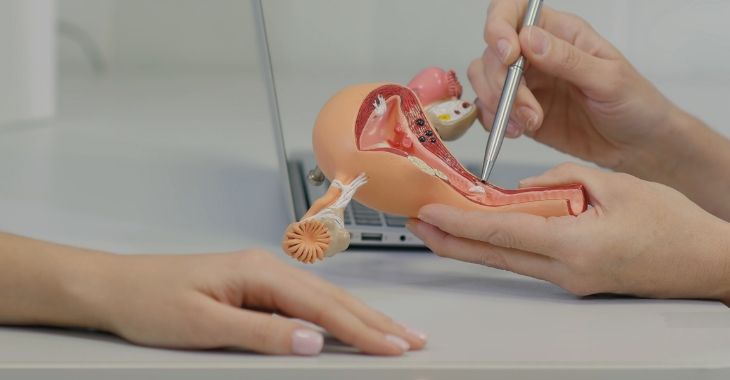3 Ways to Prepare for Your Yearly Pelvic Exam
For women, the yearly pelvic exam is a necessary evil, ensuring that everything in the reproductive area is in good health. While you may wish you could skip this part of your wellness exam, it is important. Pelvic exams and pap smears can detect early signs of cancer and other diseases, helping protect your health. To make your exam go smoother and make the visit more efficient, consider these three ways to prepare for your exam.
No Sex for 24-Hours
The day before your pelvic exam, consider abstaining from sexual intercourse. While it is not mandatory, sex can change some of the results of certain tests. False-positives in tests or changes in the cervix cells can occur from sex – it may change your results requiring another visit to your OB/GYN.
Avoid Your Menstrual Cycle
Plan your yearly exams when you will not be on your menstrual cycle. Not only can this make you feel uncomfortable, but the blood present can alter the PH balance of your test results. Once again, if the test results are not accurate, you may have to re-do your exam, causing an extra day of discomfort and inconvenience.
Keep Your Abdomen Empty
Part of your pelvic exam involves pressure being placed on your lower abdomen. Consider avoiding too many beverages before your appointment to keep your bladder empty. Also, avoid foods that tend to make you gassy – it will be uncomfortable for you and a little embarrassing if the extra pressure causes a release during your exam.
You may not enjoy your yearly pelvic exam, but these tips can help ensure you only need to one each year. Ask your OB/GYN if there are any other ways you can prepare for your exam to ensure the visit goes smoothly.
Posted on behalf of:
North Point OB/GYN Associates
1505 Northside Boulevard #3500
Cumming, GA 30041
(770) 886-3555
The information provided on this website, including text, graphics, images, and other materials, is intended solely for informational purposes and should not be used as a substitute for professional medical advice, diagnosis, or treatment.

)